Discover the field of oncology
Cancer: An Inside Look at Caring, Curing and Treating
Are you interested in a future in medicine? Oncology (treatment of cancer) is a leading medical specialty. In this online course, you’ll accompany a patient on their cancer journey. You’ll see what it’s like to be diagnosed, to receive treatment, and how people cope with its spread. Learn the types of treatment and their specialists, along with groundbreaking advances that are changing the lives of patients. If you are interested in pre-med or careers in healthcare, this course is a must.

Topics Covered:
How You Will Benefit:
- Delve into genetics and the role of family history in cancer
- Discover how cells can transform from benign to malignant
- Identify the types of brain cancers and current treatment options such as stereotactic radiology
- Learn how pathologists identify skin lesions associated with Melanoma
- Explore the Gamma Knife Center and see how minimally invasive radiation is planned and delivered
- Learn how cancerous tumors are staged and delve into new research techniques
- Understand the role of the medical oncologist and what it's like to manage patients throughout the cancer journey
- Discover the many careers associated with the field of cancer and see if it's something you'd like to pursue in the future
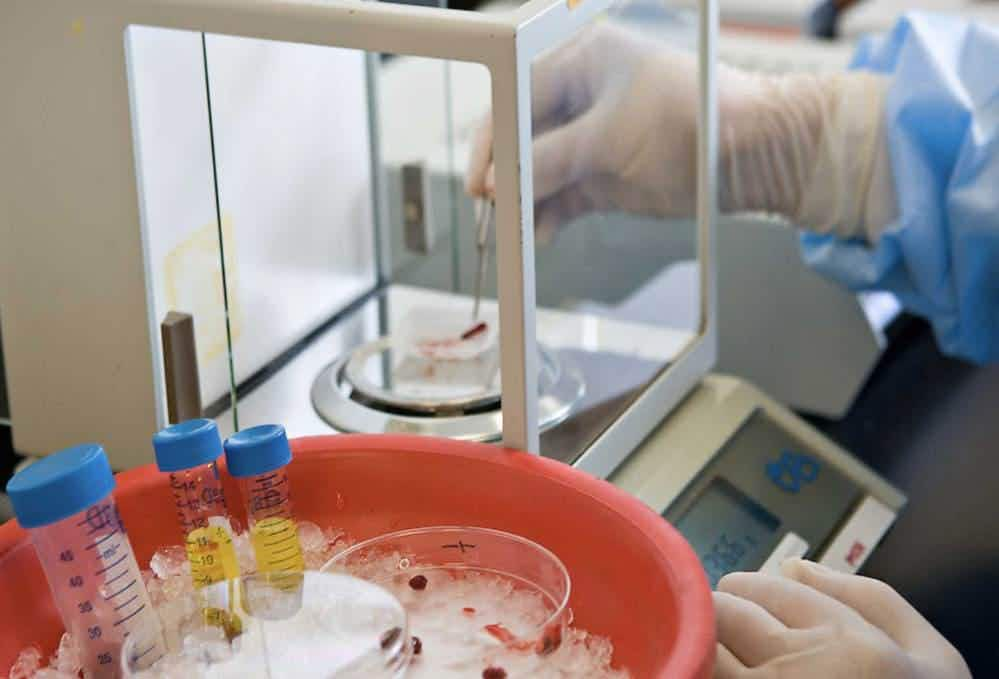
Apply Now for the Next Available Course
Hear from our students
Marleshka M., cancer medicine student from MA"I took this course to further my exploration and interest in the cancer medicine field. I had not known just how many individuals are connected in improving a patient's life and battling cancer. This course helped me realize that going into cancer medicine was definitely what I wanted."
Jooye K., cancer medicine student from NC"The course was amazing! My favorite parts were working with the mentors and with other students in the discussion boards. It was interesting to see how cancer and cancer treatments work in a real-life setting."
3 Learning Advantages Designed for You
Final Capstone Project
The course culminates with a special capstone project that allows you to:
- Demonstrate what you’ve learned in this course
- Students will choose a cancer of their choice and explore aspects of the disease and treatments such as prevention and screening, surgery, radiation or medical therapies
- Summarize the current guidelines / standards of care for that cancer and report on advances that may change how that cancer will be treated in the future
- Get feedback from your mentors on your work
- Use video, text, or a presentation to complete your project. You can review the entire course or focus on a specific cancer and design a treatment program.
Mentoring
You’ll receive guidance from a mentor who can support you and answer questions as you deepen your learning experience. You can expect:
- Encouragement and direction on all assignments
- Inspiration, motivation and confidence to help you succeed
- Brainstorming and ideation help as you prepare for your final capstone project
Flexible Learning
- 100% online, works with your schedule.
- You’ll learn through engaging video— tune in anytime that works for you.
- 20-25 hours of total instruction and course work, including engaging multimedia simulations and curated assignments for which you will receive guidance and support.
- Engage with fellow students around the world any time, any place
Course designed by Wake Forest School of Medicine physician faculty
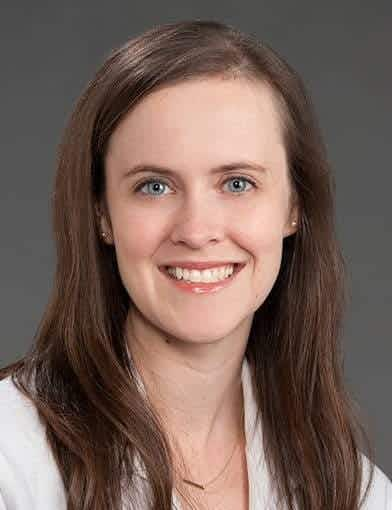
Dr. Lindsay Strowd, Assistant Professor, Dermatology, Wake Forest School of Medicine
Dr. Lindsay Strowd received her MD from Wake Forest School of Medicine and did her residency in dermatology at North Carolina Baptist Hospital. She is board certified and works as part of the team at the Wake Forest Comprehensive Cancer Center.
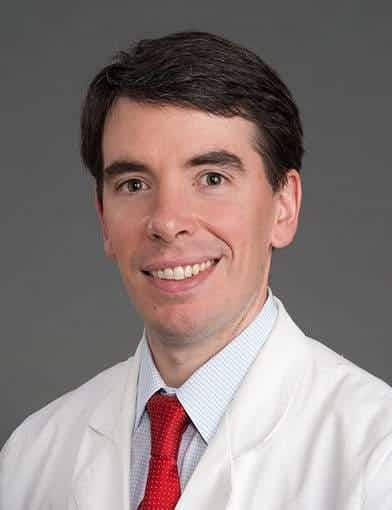
Dr. Roy Strowd, Assistant Professor of Neurology, Wake Forest School of Medicine
Dr. Roy Strowd received his MD from Wake Forest School of Medicine and completed his residency in Neurology at North Carolina Baptist Hospital. He is board certified by the American Board of Psychiatry and Neurology.
Meet The Mentors
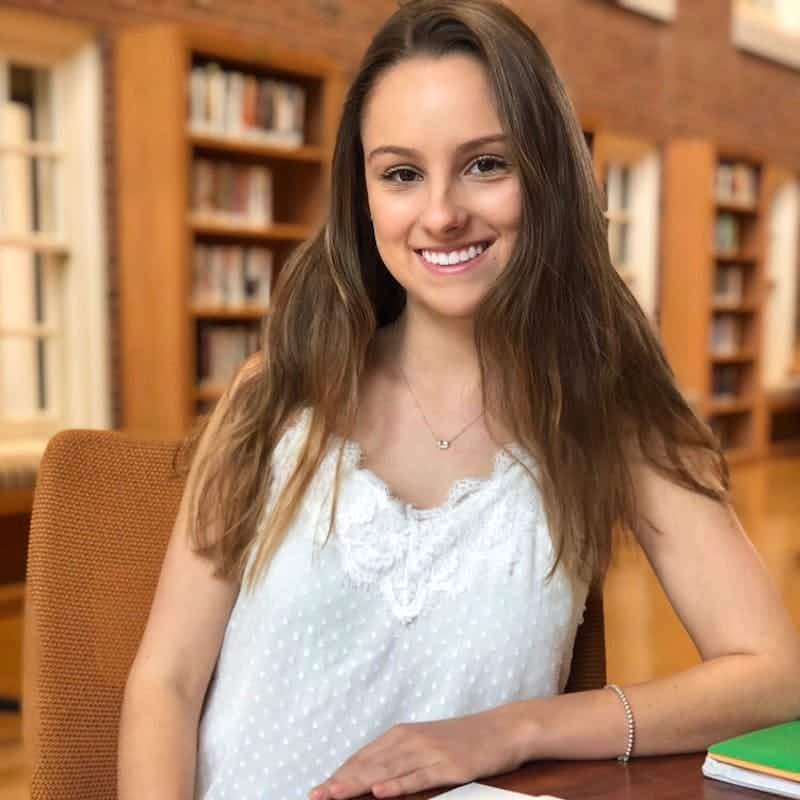
Christine
Undergraduate at Wake Forest University with a major in Biochemistry & Molecular Biology and minor in Neuroscience. She works as an Emergency Medical Technician and is involved in both biochemistry and medical education research.
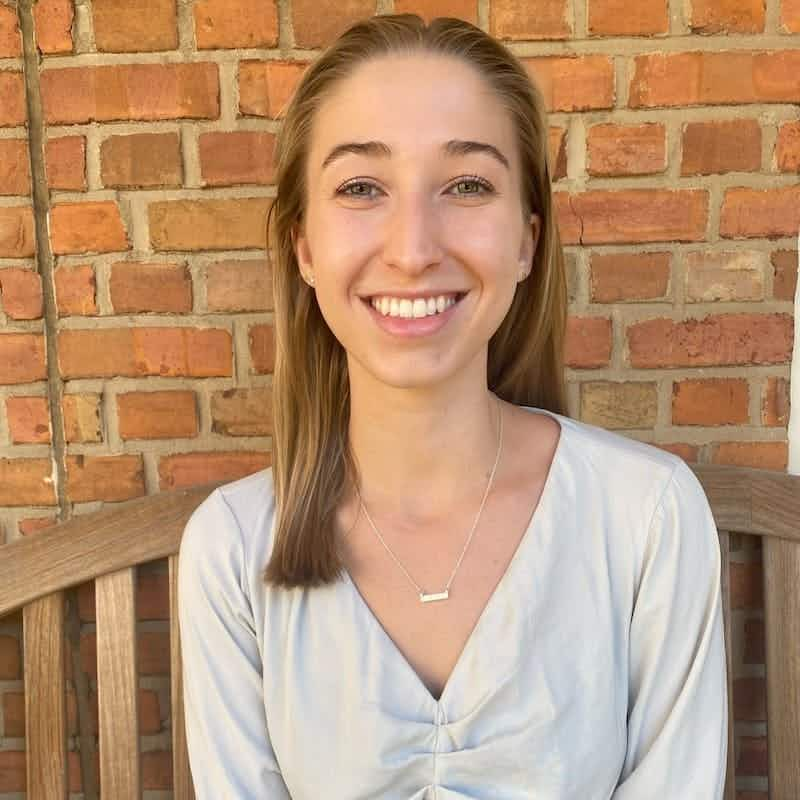
Megan
Undergraduate at Wake Forest University majoring in Biology and minoring in Chemistry and Neuroscience. She plans on applying to medical school for the 2022 cycle.
How to Apply:
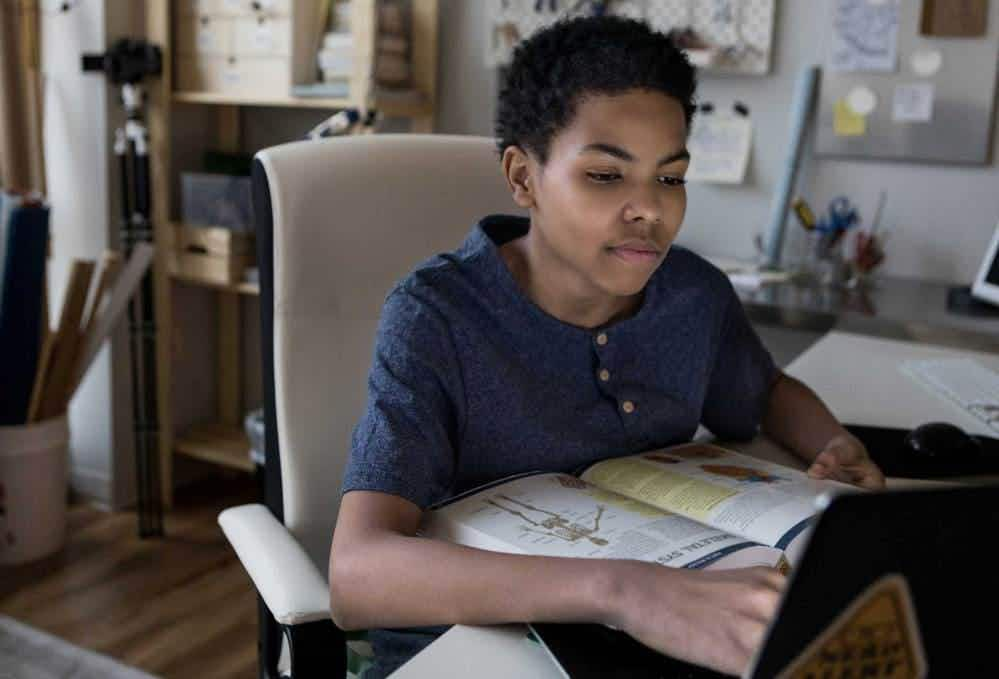
It’s easy. No transcripts or letters of recommendation are required. Just provide some basic information and tell us why you wish to take this program.
NOTE: please submit all application materials in English.
Begin the guided process. It should take only a few minutes of your time to answer the questions.
Begin the guided processWant to know more?
Sign up for more information and we’ll be in touch.
Frequently Asked Questions
How will you be graded? What are assignments like? How much time do you get to turn around a project? When do you find out if you’re accepted?
Answers to your questions hereScholarships
We offer need-based scholarships for participating students who exhibit high potential and an inability to pay the full tuition.
- If you haven’t applied to the program, apply here. After submitting your application, click “Apply for a need-based scholarship” on the confirmation page to request a scholarship.
- If you’ve already applied to the program, sign in to your profile to check your scholarship status. If we don’t have a scholarship request on file, click “Apply for a need-based scholarship” to request a scholarship.
The University reserves the right to modify the course as may become necessary.